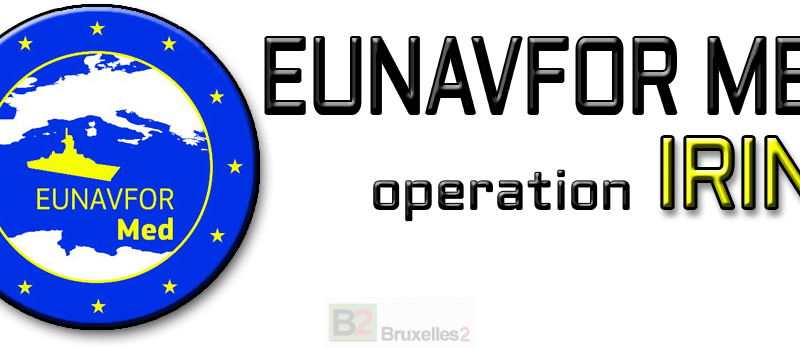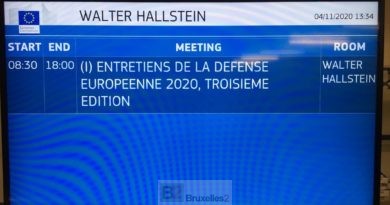Operation Irini: limited ship inspection possibilities. But still results
(B2) The High Representative of the EU, Josep Borrell gave some details, Tuesday (June 16) at the end of the meeting of Ministers of Defense, questioned by the journalists on the case 'Cirkin', this Turkish ship arrested by the Europeans but that they had to let pass
The possibility of stopping and inspecting a ship remains highly regulated, both by the law of the sea and the rules of engagement of the operation.
A very limited ability to inspect ships
« The operation has rules of engagement and it is committed to obtaining information in accordance with those rules », specified Josep Borrell, High Representative of the European Union. " Every time we see a suspicious boat, we ask for information. If the information turns out to be satisfactory, nothing more can be done. It is only in case of non-response of a ship that we can undertake another type of activities. »
A satisfactory answer in the case of the Cirkin
In the case of the Cirkin, " the ship did not respond, but the Turks did, replying that the ship was chartered under the protection of Turkey, bringing medical materials to Libya. We therefore had no specific reason to do more according to the rules of the law of the sea, other than to transmit the information ».
Nearly 130 'hedges'
For the High Representative, the result of Operation Irini is not to be dismissed, however, despite this failure. The operation hailed (sent a request for information) ships on more than 130 occasions: more than a hundred in relation to the arms embargo, 29 in relation to the oil embargo. These 'hedges' allowed " to gather information involving actors on both sides of the conflict and have produced results ". All of this is documented and forwarded to the United Nations ».
Neutrality respected
This monitoring of the embargo is done in all directions and is not directed specifically against a country — Turkey for example — or one of the Libyan parties. " We are absolutely neutral in the use of our abilities says Josep Borrell. The evidence on the more than 130 inquiries, " most were not Turkish ».
The detection of aircraft transferred to Benghazi
Furthermore, " with our air capabilities, we managed to detect transfers of military planes, which are today in Benghazi airports ". That is to say in the Haftar camp (not recognized by the Europeans). " And these are not planes of Turkish forces »
(Nicolas Gros-Verheyde)



